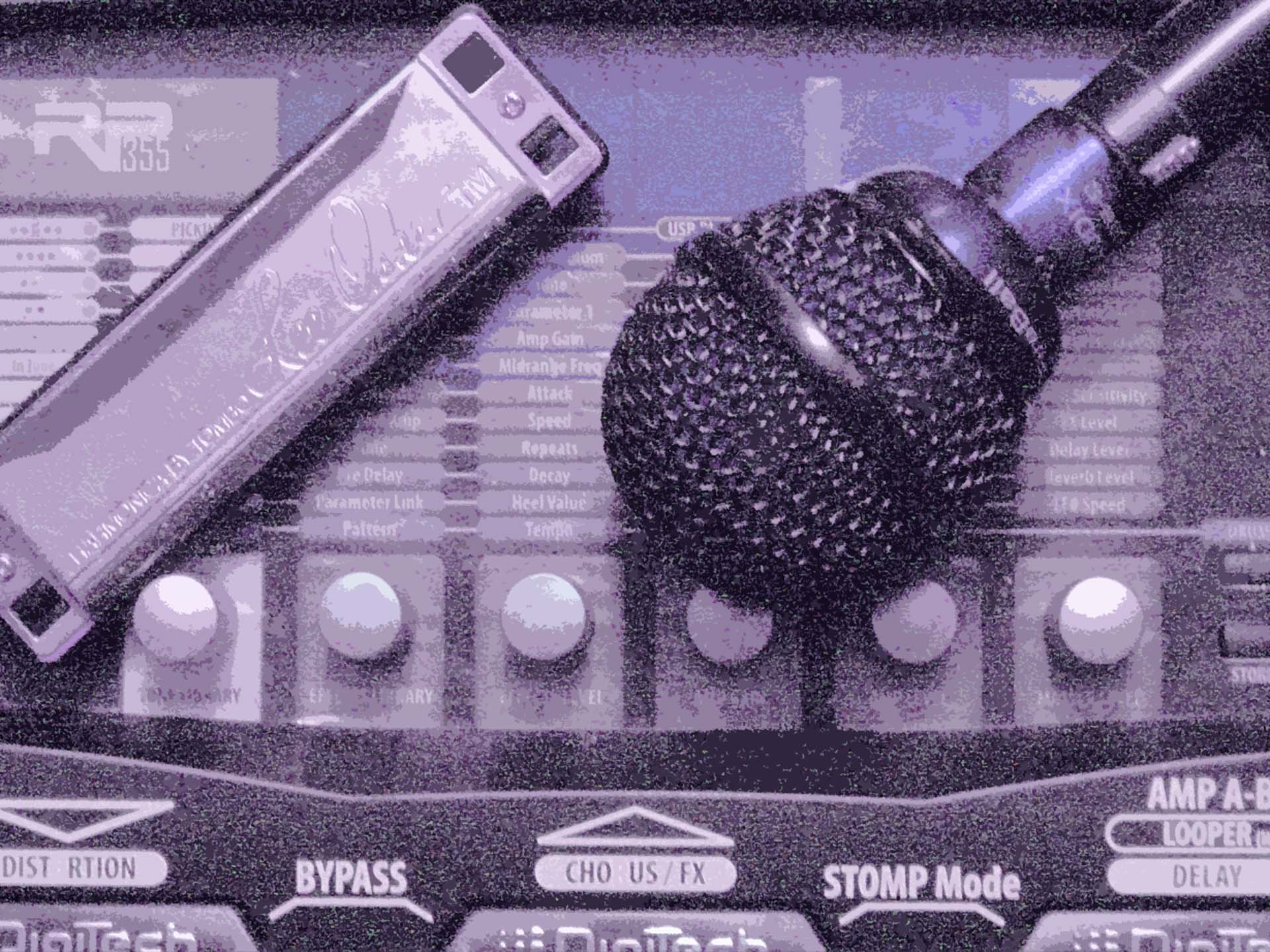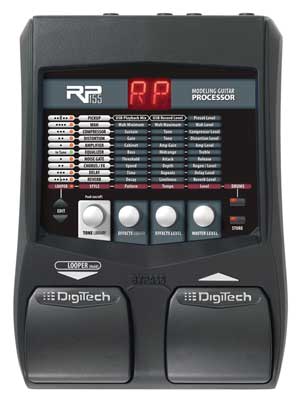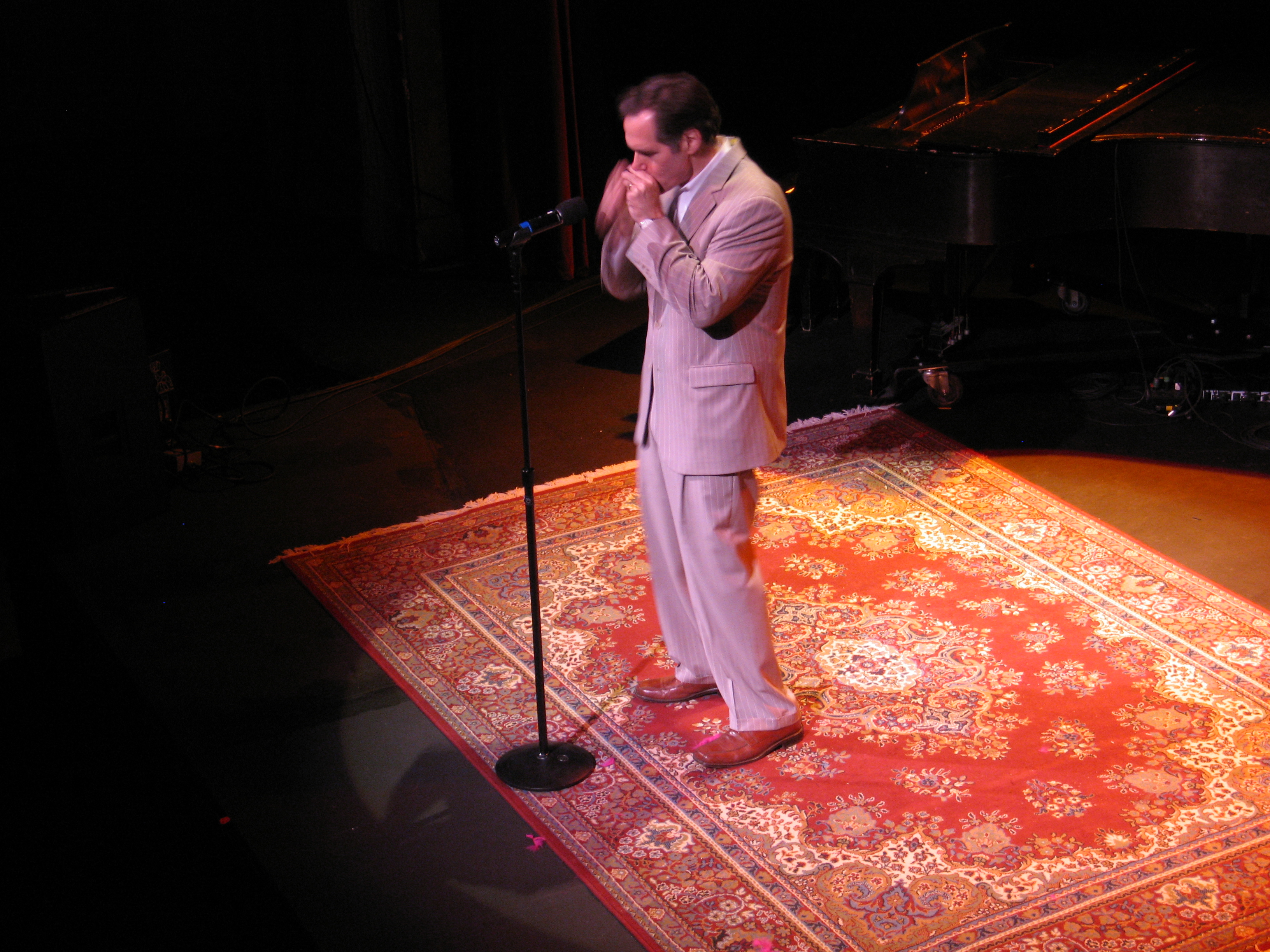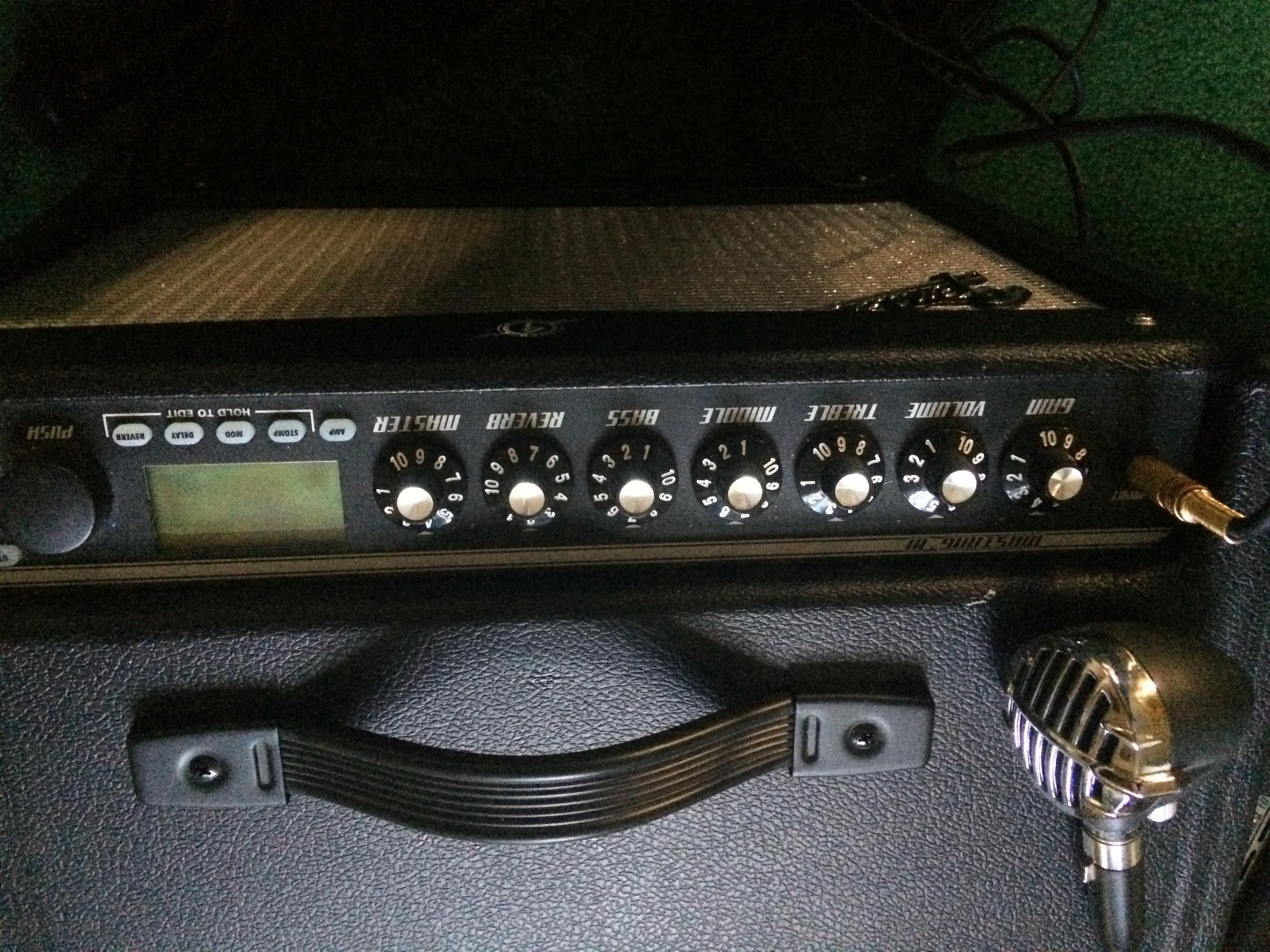
RP Tip #14: Don’t be afraid to buy a used RP
It’s amazing how much sheer sound-shaping power you get for the money with a Digitech RP loaded with our patch set. Even the RP155, which retails new for less than $100, produces a boatload of amazing sounds for both electric and acoustic players, and every one of the RPs is a solid performer as a computer audio interface too.
But even $100 seems like a lot sometimes. When it does, keep this in mind: used RPs sound just like new ones, and they cost less. Not only that, they’re pretty readily available on eBay and from online retailers like American Musical Supply and Guitar Center.
Why are used RPs so readily available, you might ask? Good question. It’s not because they suck. When you read the user reviews on the online retailer sites or harmony-central.com, you see right away that most of the people who buy RPs like them fine. The answer is that a multiFX device like the RP that does ten things at once is not the easiest thing in the world to program, and a lot of the people who buy them just don’t want to put in the time it takes to learn how to use them effectively. In other words, people buy it, try it, realize that it’s going to take some work to get what they want out of it, and end up selling it to get something that seems easier to work with. Of course, that’s not a problem you’re going to have if you buy my patch set–in that case, you’ve got plenty of great harp sounds ready to go, right from the start. So the casual user’s loss is your substantial gain.
I often see used RPs in good condition selling for one-quarter to one-half the price of a new one, in very respectable condition. When I decided to create my patches for the Digitech RP150/155, within an hour I found an RP150 at Guitar Center for $25 shipped, and an RP155 in mint condition on eBay for $75 shipped. That’s $200 worth of retail hardware for half the price, and they’ve both got years of playing left in them.
When you buy used, it’s often a good idea to buy from a place like American Musical Supply or Guitar Center. These online retailers in most cases offer no-questions-asked 15- or 30-day return guarantees on used gear, which is more than long enough to see whether the thing lights up when you plug it in. That reduces the risk plenty, because if the thing is going to go bad, it usually goes bad right away. (And I’ve gotten into the habit of asking the store guy to plug it in while I’ve got him on the phone, just to make sure it does light up.)
Tags In
Related Posts
4 Comments
Leave a Reply
You must be logged in to post a comment.
WHAT’S NEW
Categories
- Audio/Video
- Blog
- Blue Future
- Digitech RP Tricks and Tips
- Discography, CDs, Projects, Info, Notes
- Featured Video
- For the Beginner
- Gallery
- Hunter's Effects
- Hunter's Music
- Huntersounds for Fender Mustang
- Meet the Pros
- More Video
- MPH: Maw/Preston/Hunter
- My Three Big Contributions
- Player's Resources
- Pro Tips & Techniques
- Recommended Artists & Recordings
- Recommended Gear
- Recorded Performances
- Reviews, Interviews, Testimonials
- The Lucky One
- Uncategorized
- Upcoming Performances
- Zoom G3 Tips and Tricks



Richard, is it really impossible to assign external expression pedal to rotary speed?
That’s what the manual says. Bummer.
Hey Richard,
I got a RP155 on ebay for $40 with shipping. I’ve already got the patches from you. I’m about a week out on getting my RP. I’m looking forward playing with your patches.
Thanks for the extremely fast and awesome service.
Rick
@Rick: that’s great! Don’t hesitate to email me for help if you need it. regards, RH